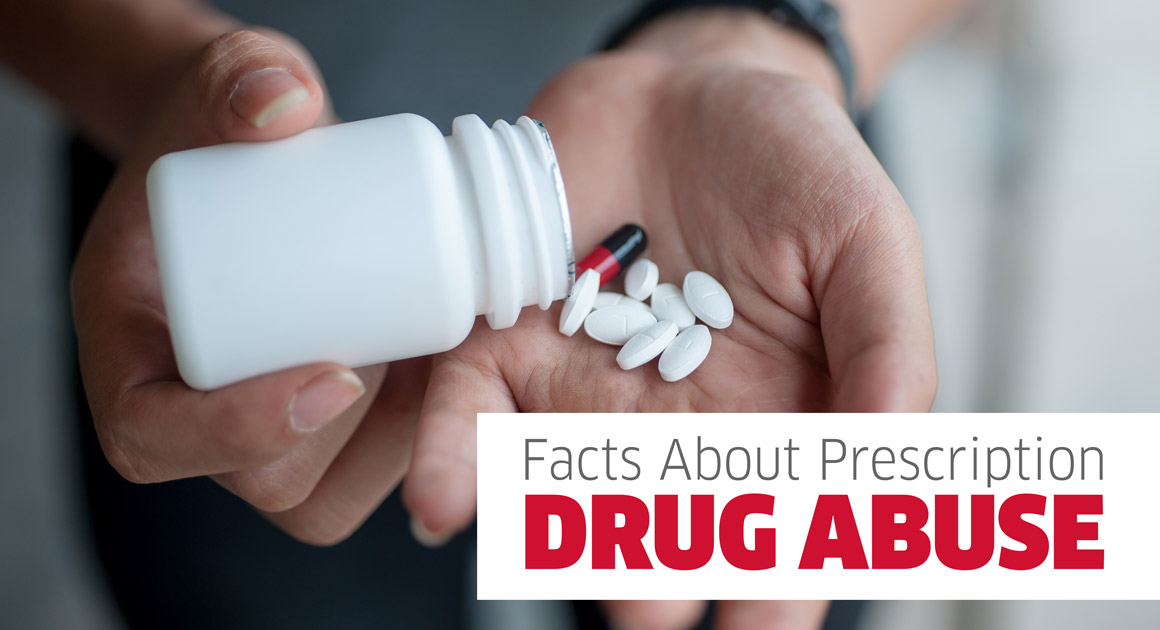The number one fact about prescription drug abuse is that it does not discriminate; this epidemic affects all genders, race, ethnicity, and demographics. In September 2017, the CDC launched it’s RX Awareness campaign in an attempt to combat the nearly 3.3 million people actively abusing prescription drugs. This equates to more than 1,000 people being treated daily in emergency departments for prescription drug misuse and/or overdose deaths, (www.cdc.gov/RxAwareness).
In the heart of the U.S., facts about prescription drug abuse begin with medications that have been legally prescribed by a healthcare provider. Prescription drug abuse or addiction is complex in nature as it becomes a chronic brain disease; making its psychological dependence difficult to understand or to seek help. Often, misused drugs are prescribed to treat pain, sleep deprivation, or anxiety and once the medical issue is resolved, individuals find themselves being unable to physically function without them.
Commonly abused prescription drug categories are Depressants, Opioids, and Stimulants with opioid abuse, dependence, and overdose is the most common, (www.drugabuse.gov). According to the CDC, 66% of all overdose deaths involved opioids from 1997-2016, (cdc.gov).
Another fact about prescription drug abuse is how quickly a legal medical prescription can transform into abuse or misuse. Multiple prescription drugs have a high potential for abuse following first-time usage, yet misuse is not always identified right away. There is a failure to comply or a failure in the education that was provided that leads an individual to misuse or abuse prescription drugs. Another fact about prescription drug abuse is that drugged driving is now more likely than drunk driving to cause a fatal car accident; furthermore, many of these drivers test positive for a combination of drugs and alcohol, (drugabuse.gov).
Understanding this epidemic is far from over, but conversations of the consequences of prescription drug abuse are being had with individuals as young as 12 and as mature as 80. Medical providers, school counselors, and families are now starting to recognize the signs of prescription drug abuse and are joining forces to prevent it. If you or someone close to you needs help for prescription drug abuse, talk to your doctor or call the Substance Abuse and Mental Health Services Administration’s (SAMHSA) National Helpline at 1-800-662-HELP.
Disclaimer: While every effort was made to ensure the accuracy of this article, it is not intended to provide medical or legal advice.

